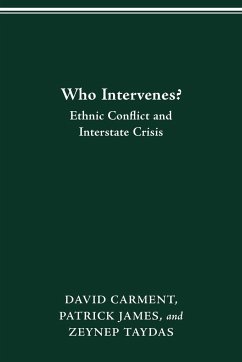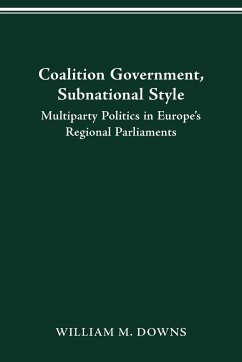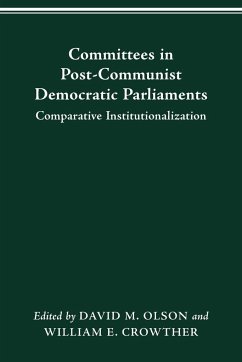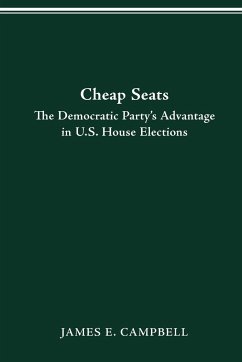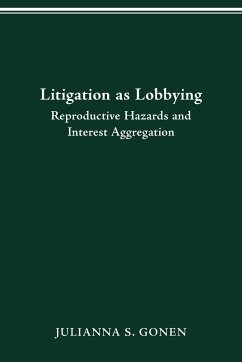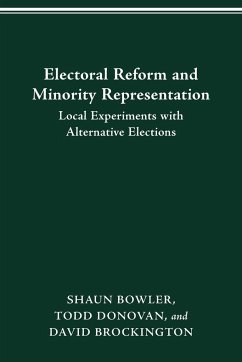Who Intervenes? takes as a given that there are tensions among ethnic groups throughout the world. But it is not at all clear when and why these tensions escalate into violence. The likelihood and character of intervention depend upon the interplay of two factors: ethnic composition and institutional constraint. A fourfold typology is produced. For example, states with high constraints and ethnic diversity are likely to intervene only for reasons related to national interests, while states with both ethnic dominance and low constraint are most disposed to intervene. The disposition to intervene is catalyzed, the authors hypothesize, by the presence of ethnic affinity and cleavage. The book includes a comparative analysis of five case studies: India and Sri Lanka, Somalia and Ethiopia, Malaysia and the Thai Malay (a non-intervention), the immediate aftermath of the breakup of Yugoslavia, and Greece and Turkey with Cyprus. The case histories produce strong support for the relevance of the typology and catalysts. Ethnic composition, institutional constraint, and ethnic affinity and cleavage are very useful factors in distinguishing both the likelihood and form of intervention. Policies that encourage institutional reform and support ethnic diversity can be expected to reduce the likelihood and even the perceived need for intervention.
Hinweis: Dieser Artikel kann nur an eine deutsche Lieferadresse ausgeliefert werden.
Hinweis: Dieser Artikel kann nur an eine deutsche Lieferadresse ausgeliefert werden.

